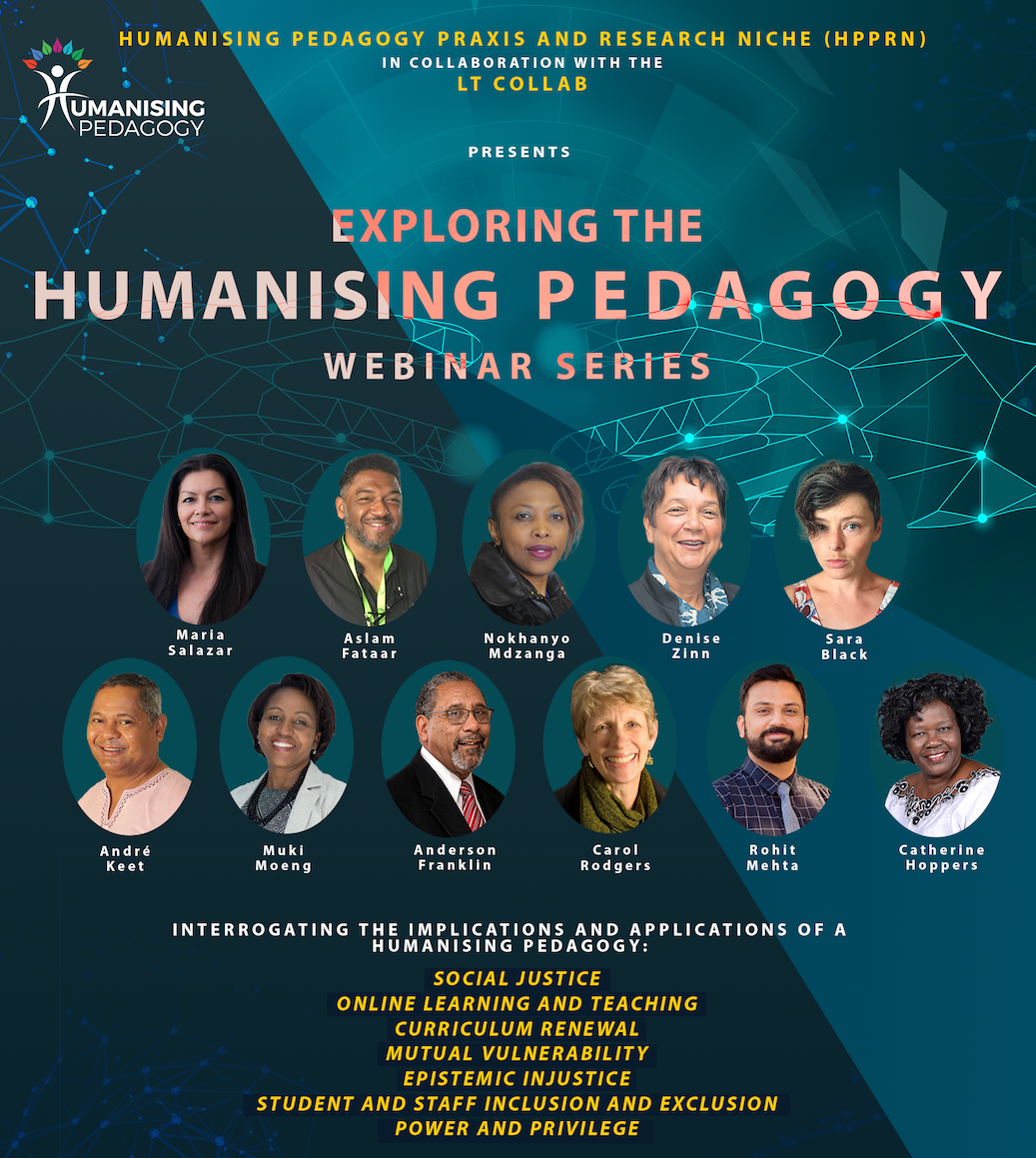
Join us as we explore and interrogate the Humanising Pedagogy in this series of webinars.
WEBINAR 1
 Title: Placing students’ (mis)recognition struggles at the centre of the university’s curriculum
Title: Placing students’ (mis)recognition struggles at the centre of the university’s curriculum
Presenter: Prof Aslam Fataar (Stellenbosch University, South Africa)
Abstract: READ THE BLOG HERE
 Respondent: Dr Margie Childs (Nelson Mandela University, South Africa)
Respondent: Dr Margie Childs (Nelson Mandela University, South Africa)
Presentation date: 24 November 2020
WEBINAR 2
 Title: My first grade teacher stole my humanity: Enacting a humanising pedagogy in K-12 and higher education
Title: My first grade teacher stole my humanity: Enacting a humanising pedagogy in K-12 and higher education
Presenter: Prof María del Carmen Salazar (University of Denver, United States). Read the blog and her bio HERE.
Abstract: This webinar will explore the need for humanisation in education, present a framework for a humanising pedagogy, and describe humanising pedagogical practices in K-12 and higher education.
 Respondent: Dr Jacqueline Lück (Nelson Mandela University, South Africa) Read her BIO HERE.
Respondent: Dr Jacqueline Lück (Nelson Mandela University, South Africa) Read her BIO HERE.
Presentation date: 26 November 2020
WEBINAR 3
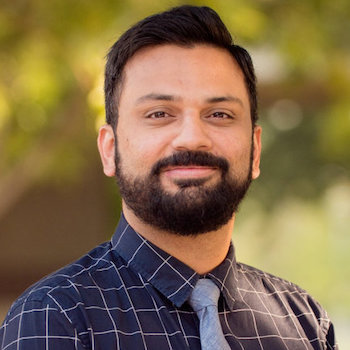 Title: Countering neoliberalism in education: A critical humanizing approach to online teaching and learning
Title: Countering neoliberalism in education: A critical humanizing approach to online teaching and learning
Presenter: Asst Prof Dr Rohit Mehta (California State University, United States). Read his bio and the blog HERE.
Abstract: In designing online spaces for teaching and learning that foster diverse creative human expression, it is crucial to carefully create opportunities for students to be, know, and do in socially and culturally inclusive ways. This can be established through inclusion of multiple epistemologies and methodologies to confirm ontological diversity. A challenge to inclusive and creative pedagogy are neoliberal influences in education that continue to suppress diversification through standardized and idealized curricula and instruction. To resist market forces that prefer students to be trained as new labor for the extant and future markets, I offer design and instructional changes to resist dehumanization and promote creativity and play in the classroom.
Presentation date: 3 December 2020
WEBINAR 4
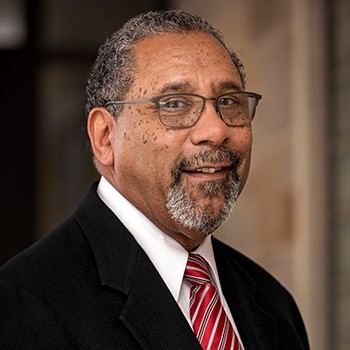 Title: Cultural Brokers as Translational Agents in the Coalition to Achieve Humanising Pedagogy
Title: Cultural Brokers as Translational Agents in the Coalition to Achieve Humanising Pedagogy
Presenter: Prof Anderson J. Franklin (Boston College Lynch School of Education and Human Development, United States). Read his bio and the blog HERE.
Abstract: This presentation will focus upon the enterprise of humanizing pedagogy in teaching and learning. It will discuss the role that cultural brokers can play in bridging communication between teachers, parents and communities toward the objective of a curriculum that develops the whole potential of the child. Building a coalition of diverse partners to engage collaborative work with educators is explored as a mechanism to achieve humanizing pedagogy in teaching and learning.
 Respondent: Dr Deidre Geduld (Nelson Mandela University, South Africa).
Respondent: Dr Deidre Geduld (Nelson Mandela University, South Africa).
Dr Deidre Geduld is the Head of Department for the B Ed Foundation, Primary School (Gr R-3) at Nelson Mandela University. Her research interests include teaching and learning in the early years, inclusive education, teacher education curriculum design, community schooling, engagement within communities of practice, and critical approaches to research. Her latest work is: Transect walks: A tool in building critical pedagogy amongst foundation phase teachers (Book Chapter, Bloomsbury Press).
Presentation date: 19 January 2021
WEBINAR 5
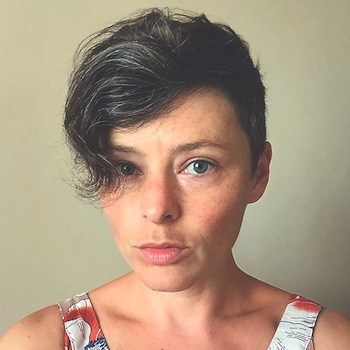 Title: Is a humanizing pedagogy possible online? Theorising digitally relayed teaching and learning as antagonistic to emergent pedagogic moments
Title: Is a humanizing pedagogy possible online? Theorising digitally relayed teaching and learning as antagonistic to emergent pedagogic moments
Presenter: Dr Sara Black (Centre for Education Rights and Transformation, University of Johannesburg, South Africa). Read her bio and the blog HERE.
Abstract: Much speculation has been made about the increased use of online pedagogic engagement during the Covid19 pandemic. While proponents have offered valorising narratives of the benefits of going online, critical scholars have cautioned against a naïve optimism that elides the social consequences of such modes and their tendency to further amplify existing social inequalities. However, more careful thought is warranted regarding the affordances and limitations within digitally relayed pedagogic moments, and how these relate to broader challenges in the organising of pedagogic activities. This presentation deploys two theoretical lenses (specifically the work of Marx and Bernstein) to ask what happens when we digitize pedagogy and what we should notice about the similarities and differences with contact modes of practice. While far from a complete theorising, I suggest that the purported ‘benefits’ of online forms necessitate a division of labour and sedimentation of practice across different components of pedagogy in ways that necessarily foreclose the possibility of ‘humanising’ pedagogic practices.
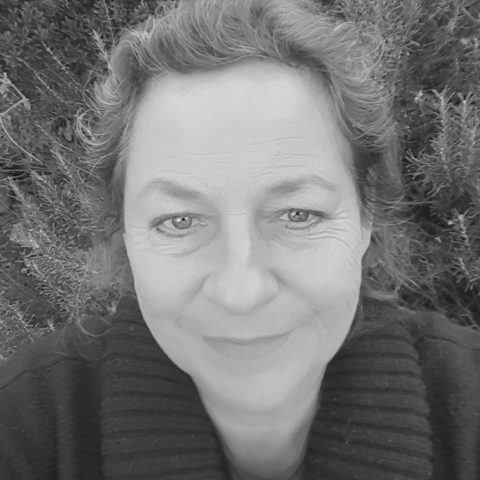 Respondent: Dr Heather Jacklin (Former senior lecturer, School of Education, University of Cape Town, South Africa)
Respondent: Dr Heather Jacklin (Former senior lecturer, School of Education, University of Cape Town, South Africa)
Presentation date: 26 January 2021
WEBINAR 6
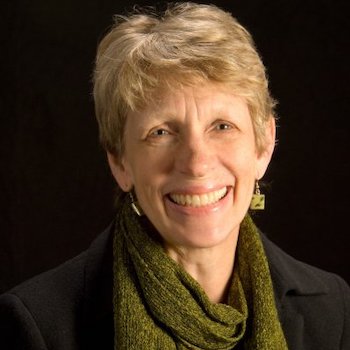 Title: The Humanizing Power of Experience & Story
Title: The Humanizing Power of Experience & Story
Presenter: Prof. Carol Rodgers (University at Albany, State University of New York, United States). Read her bio HERE.
Blog: In this blog I want to describe one particular online course that I believe embodies the tenets of a humanizing pedagogy. In particular, I will focus on how I make experience and story central to the learning of the course and will explore how experience, story and a humanizing pedagogy connect ... Continue reading the BLOG HERE
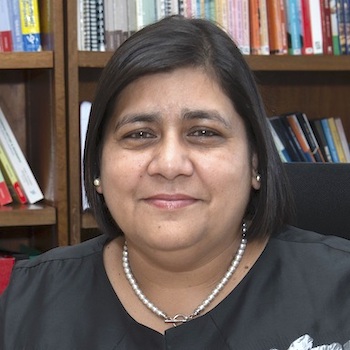
Respondent:
Dr Heloise Sathorar (Nelson Mandela University, South Africa)
Heloise Sathorar is the Head of Department for the Secondary School Education Department (PGCE and BEd SP & FET) in the Faculty of Education at the Nelson Mandela University. She is a senior lecturer and her research interest includes critical pedagogy, the democratisation of knowledge, teacher education, higher education and critical community engagement. Her most recent work is: Decolonizing the colonized mindset: Reflecting on lecturer dispositions to decolonize teacher education (JOE).
Presentation date: 28 January 2021
WEBINAR 7

 Title: Critical perspectives on language as a social justice issue in post-colonial higher education institutions
Title: Critical perspectives on language as a social justice issue in post-colonial higher education institutions
Presenters: Prof. Nokhanyo Mdzanga and Dr Muki Moeng (Nelson Mandela University, South Africa). Read their bios and the blog HERE.
Abstract: Section 6 of the South African constitution gives official status to 11 languages –isiXhosa, isiZulu, isiSwati, Ndebele, Tshivenda, Xitsonga, Sepedi, Sesotho, Setswana, Afrikaans and English (Constitution of the Republic of South Africa, 1996). Although this is the case, English and Afrikaans still remain the dominant languages of communication, education and so forth. We argue that proper mechanisms for implementing the use of all these languages are still in a distant future. This is problematic given the social-justice and transformation ideals of the new South Africa. Hence, the debate on language in post-colonial South Africa is essential.
Our main concern is the realisation that in higher education institutions, African languages are still not fully utilised as languages with pedagogical value in the scholarship of learning, teaching, research and engagement. For example, most of the learning materials available in institutions of higher education are presented in English and Afrikaans. Available resources in African languages are mostly translated from English. This is problematic as it assumes that learning resources cannot be usefully conceptualised and written first-hand in African languages. In our view, equity will be achieved when knowledge is accessible, and resources are available in all languages. In this presentation, we first position the discussion on language as a social-justice issue within a theoretical and historical context. We then provide a critical examination of the language politics and policies in higher-education institutions and how they have or have not shifted in the post-colonial education era. This argument links to how language is positioned in the curriculum, with a specific focus on English and isiXhosa, and the factors that hinder the shift from dominant language orthodoxies to recognising the multiplicity of languages in a post-colonial system in higher education institutions. Drawing on Freire’s (1972) views on the non-neutrality of education, we believe that the curriculum is a space of power, political contestation, caring and debate, and therefore should be taken into consideration in thinking about language as a social-justice issue. Furthermore, we highlight the dangers of reproducing inequalities through the curriculum, and the complexities surrounding the issue of language as a tool for social justice and social change. Finally, we propose that humanising pedagogy can be a meaningful and practical framework through which we can reflect on decolonial pedagogical strategies for language teaching in higher education. Moreover, through this framework, the issue of language as social justice can be addressed.
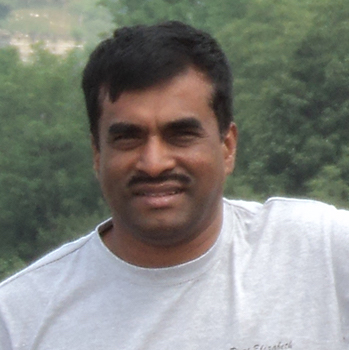 Respondent: Prof. Logamurthie (Logan) Athiemoolam (Nelson Mandela University, South Africa)
Respondent: Prof. Logamurthie (Logan) Athiemoolam (Nelson Mandela University, South Africa)
Presentation date:
2 February 2021
WEBINAR 8
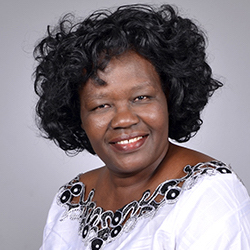 Title: The Complexity of Rising from a Scholarly Critique to Maturing as an Ethical Warrior
Title: The Complexity of Rising from a Scholarly Critique to Maturing as an Ethical Warrior
Presenter: Prof. Catherine A. Odora Hoppers (Gulu University, Uganda). Read her bio and the blog HERE.
Blog:
HUMANIZING PEDAGOGIES REQUIRES PROGNOSIS FOLLOWING A STRATEGIC DIAGNOSIS
Various caveats to sharpen our diagnostic capabilities:
1. Knowledge, the Community and Society
As a people, we know that no community is complete without the other. No society is complete in itself. The “Other” opens us, enlarges us. Without the otherness of the other, the self is incomplete and even vulnerable. ... CONTINUE READING THE BLOG HERE
Presentation date: 16 February 2021
WEBINAR 9: Humanising Pedagogy in Context
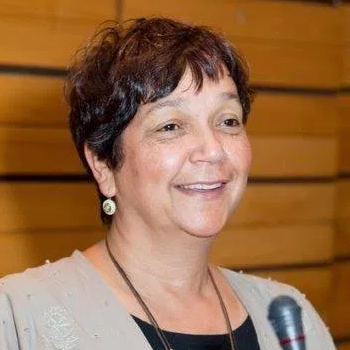 Keynote presentation: A Humanising Pedagogy: “What are we going to begin anew” – a focus on the criticality of context
Keynote presentation: A Humanising Pedagogy: “What are we going to begin anew” – a focus on the criticality of context
Presenter: Prof. Denise Zinn (Nelson Mandela University, South Africa).
Abstract: ‘What are we going to begin anew’, a decade after adopting a humanising pedagogy as the philosophical basis of our approach to teaching and learning at Nelson Mandela University? In this presentation, I draw on the words of Tunisian poet Amina Saïd in a poem that begins ‘And we were born/without the slightest choice of worlds’, and ends with the words “what are we going to begin anew?”
I will focus on the importance of context, that informed Paulo Freire’s original conceptualisation of a humanising pedagogy, and look specifically at the contexts within which we have attempted to apply this philosophy in South African Higher Education. I will touch on the ways the previous presentations have highlighted various aspects of a humanising pedagogy and enabled us to focus on the concept in new ways.
Prof. Denise Zinn is an adjunct professor at Nelson Mandela University and the programme leader for Women in Leadership in the Higher Education Leadership and Management (HELM) programme at USAf. She is a former DVC: Learning and Teaching at Mandela University, and served as an Executive Dean of the Education faculties at Mandela University and the University of Fort Hare.
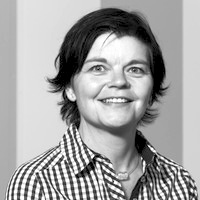 Presentation: Humanising Pedagogy at Stellenbosch University
Presentation: Humanising Pedagogy at Stellenbosch University
Presenter: Dr Sonja Strydom (Stellenbosch University, South Africa).
Abstract: The presentation will provide an overview of how Stellenbosch University used humanising pedagogical thinking and principles to underpin some of their learning and teaching initiatives. The presenter, one of the editors of Responding to the Necessity for Change - HE voices from the South during the COVID-19 crisis, will elaborate on what inspired the HP-framed research.
Dr Sonja Strydom is a senior advisor at the Centre for Learning Technologies and a research fellow at the Centre for Higher and Adult Education at Stellenbosch University. She holds a PhD in education from SU and a DLitt et Phil in psychology from the University of South Africa. Sonja teaches several short and postgraduate HE courses. Her current research interest is in the field of technology-augmented curriculum development, academic development, digital wellbeing and mixed methodologies for furthering the field of HE research.
Presentation date: 11 March 2021